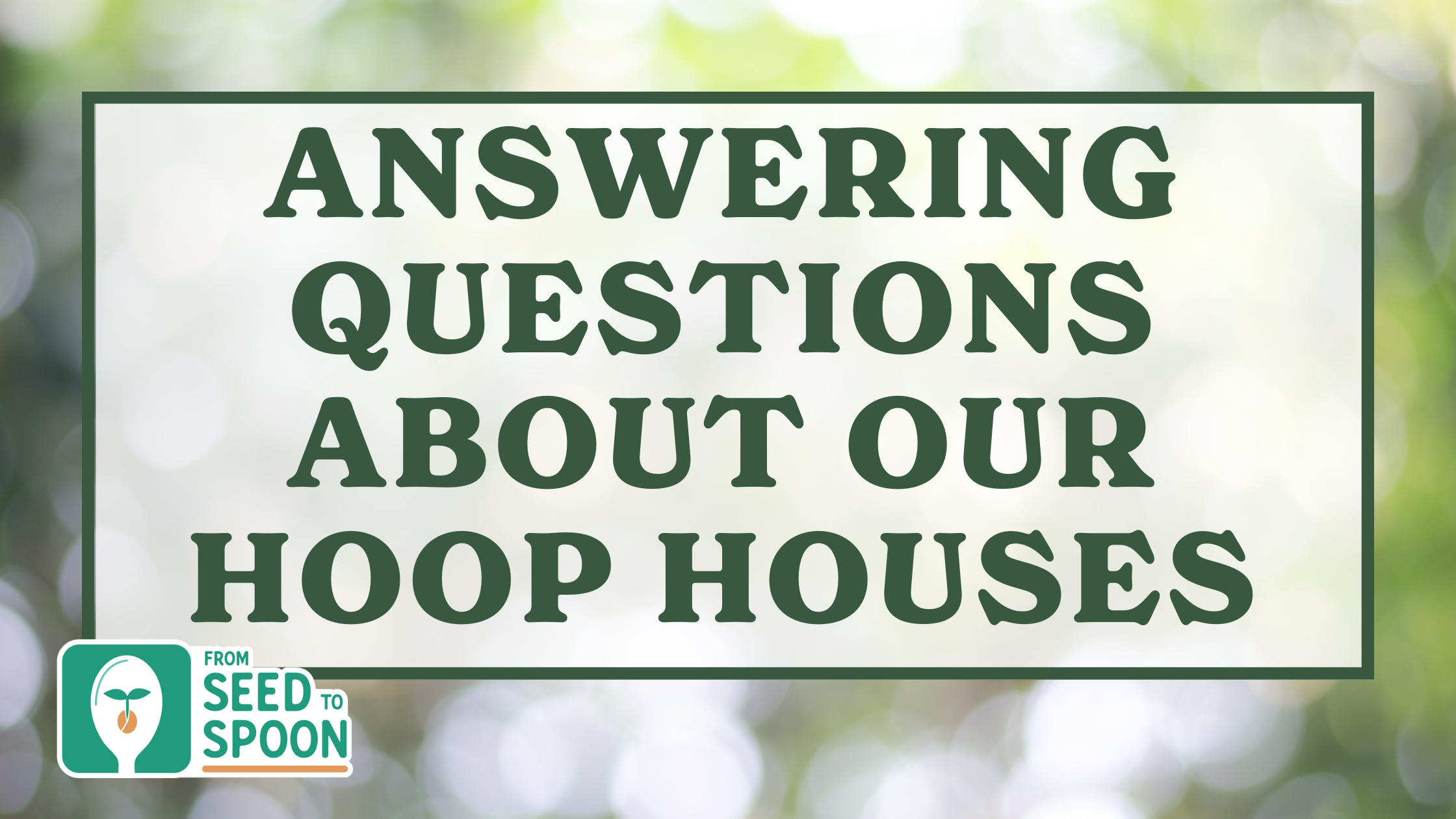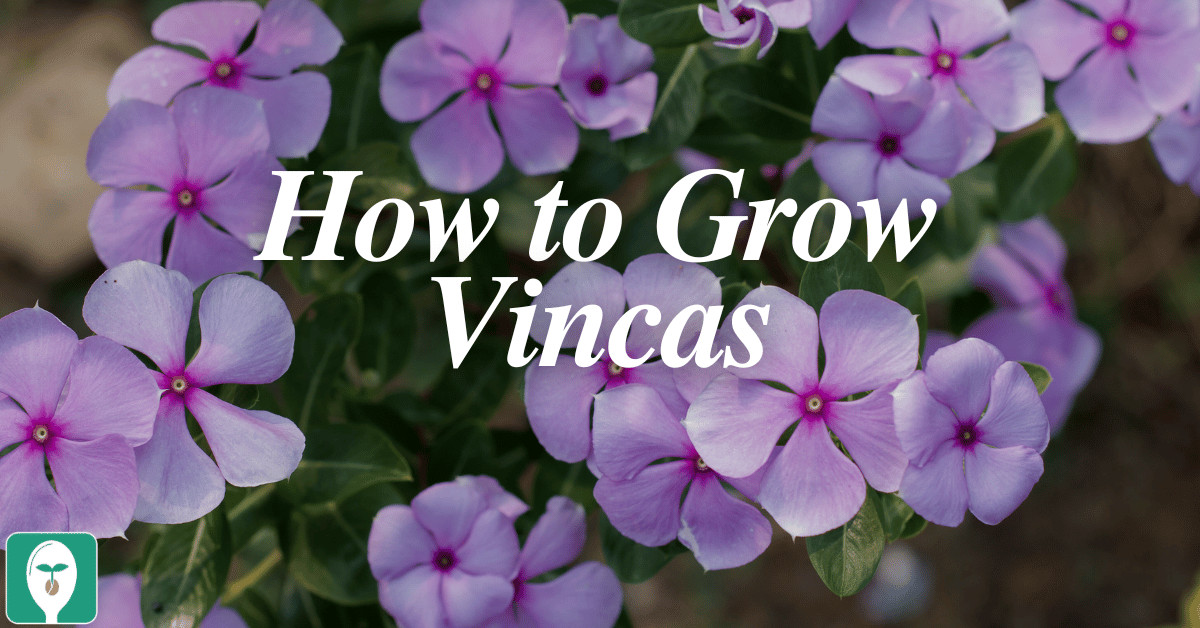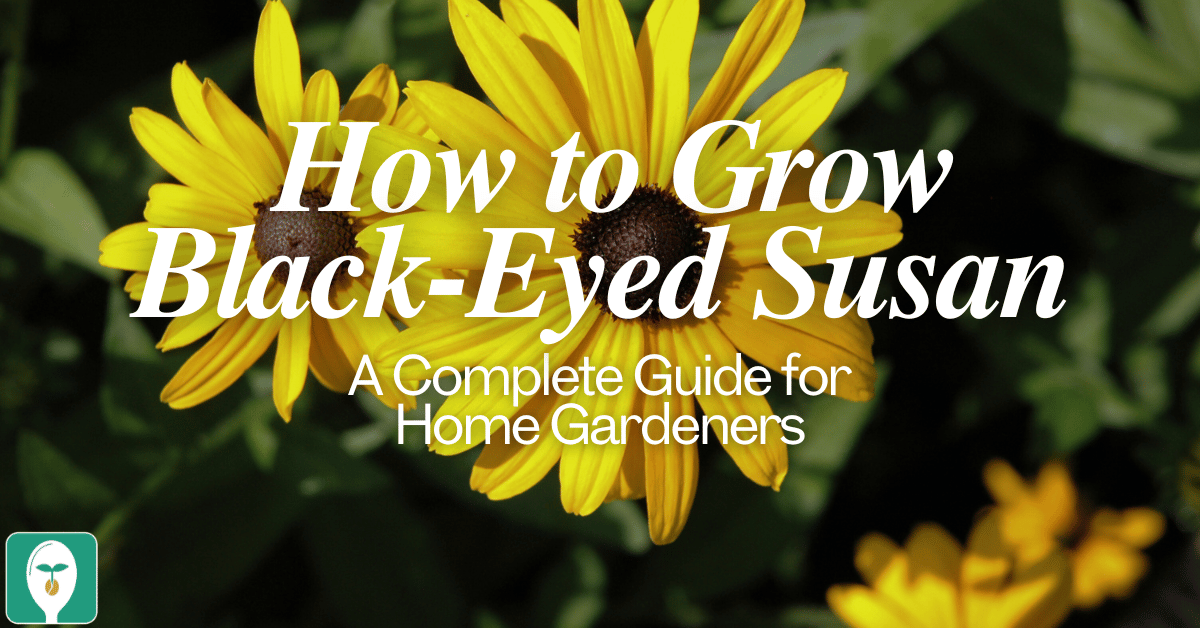Get the most out of your cold months in the garden with the construction of hoop houses. These structures are gaining popularity for their practical benefits and ease of use.
Construction Details
The hoop houses feature a sturdy frame made from one by fours, ensuring durability and strength. A key aspect of their design is the incorporation of hinges, which allow for easy opening and closing. This feature significantly enhances the accessibility and functionality of the houses.
Innovative Attachment Technique
To attach the PVC pipe hoops, which form the main structure, PVC end caps are securely screwed into the wood framing. This technique provides a stable and reliable setup, ensuring the longevity and effectiveness of the hoop houses.
Support and Stability
Additional support is integrated into the design to maintain the structure’s integrity, crucial for withstanding various weather conditions and ensuring the safety and protection of the plants inside.
Benefits of Hoop Houses
Hoop houses offer several advantages for gardeners:
Extended Growing Season: By providing a controlled environment, these structures allow gardeners to start the season earlier and extend it later into the year.
Weather Protection: Hoop houses protect plants from harsh weather conditions like frost, heavy rain, and strong winds.
Pest Control: They offer an effective way to keep pests at bay, reducing the need for chemical treatments.
Optimal Growing Conditions: The enclosed space creates a microclimate that can be more easily managed, ensuring optimal conditions for plant growth.
Watch the video on hoop houses and others on our YouTube channel to learn more! Download the From Seed to Spoon app for more details and instruction to maintain a successful garden year-round.

Carrie Spoonemore, co-founder of “From Seed to Spoon,” stands as a beacon of inspiration for gardeners and health enthusiasts alike. Her journey alongside her husband, Dale Spoonemore, in creating a platform that demystifies gardening and promotes a healthier lifestyle, has made a significant impact on individuals around the globe. Through the “From Seed to Spoon” app, Carrie has dedicated herself to empowering people to take control of their health and environment by growing their own food.
With a profound belief in the power of gardening to improve mental and physical health, Carrie’s contributions to the Seed to Spoon blog reflect her holistic approach to wellness. Her articles often focus on the nutritional benefits of homegrown fruits and vegetables, organic gardening practices, and the mental health benefits of spending time in nature. Carrie’s expertise in health science shines through in her detailed discussions on how specific plants can contribute to a balanced diet and overall well-being.
Carrie’s passion for gardening is deeply intertwined with her commitment to family and community wellness. She frequently shares personal stories of how gardening has brought her family closer together, offering practical tips for involving children in gardening activities and making it a fun, educational experience. Her writing encourages families to explore gardening as a means of spending quality time together while learning about nature and sustainability.
In addition to gardening advice, Carrie’s contributions to the blog include insights into the use of technology to enhance the gardening experience. She has played a crucial role in designing the “From Seed to Spoon” app to be user-friendly, ensuring that users of all ages and backgrounds can navigate the complexities of gardening with ease. Her vision for the app is not just as a gardening tool but as a vehicle for change, inspiring individuals to adopt a more sustainable lifestyle by growing their own food.
Carrie Spoonemore’s presence on the blog is marked by her compassionate approach to teaching and her unwavering belief in the transformative power of gardening. Her work continues to inspire a community of gardeners to pursue a healthier, more sustainable way of living, proving that with the right tools and knowledge, anyone can become a gardener and advocate for their health and the planet.






